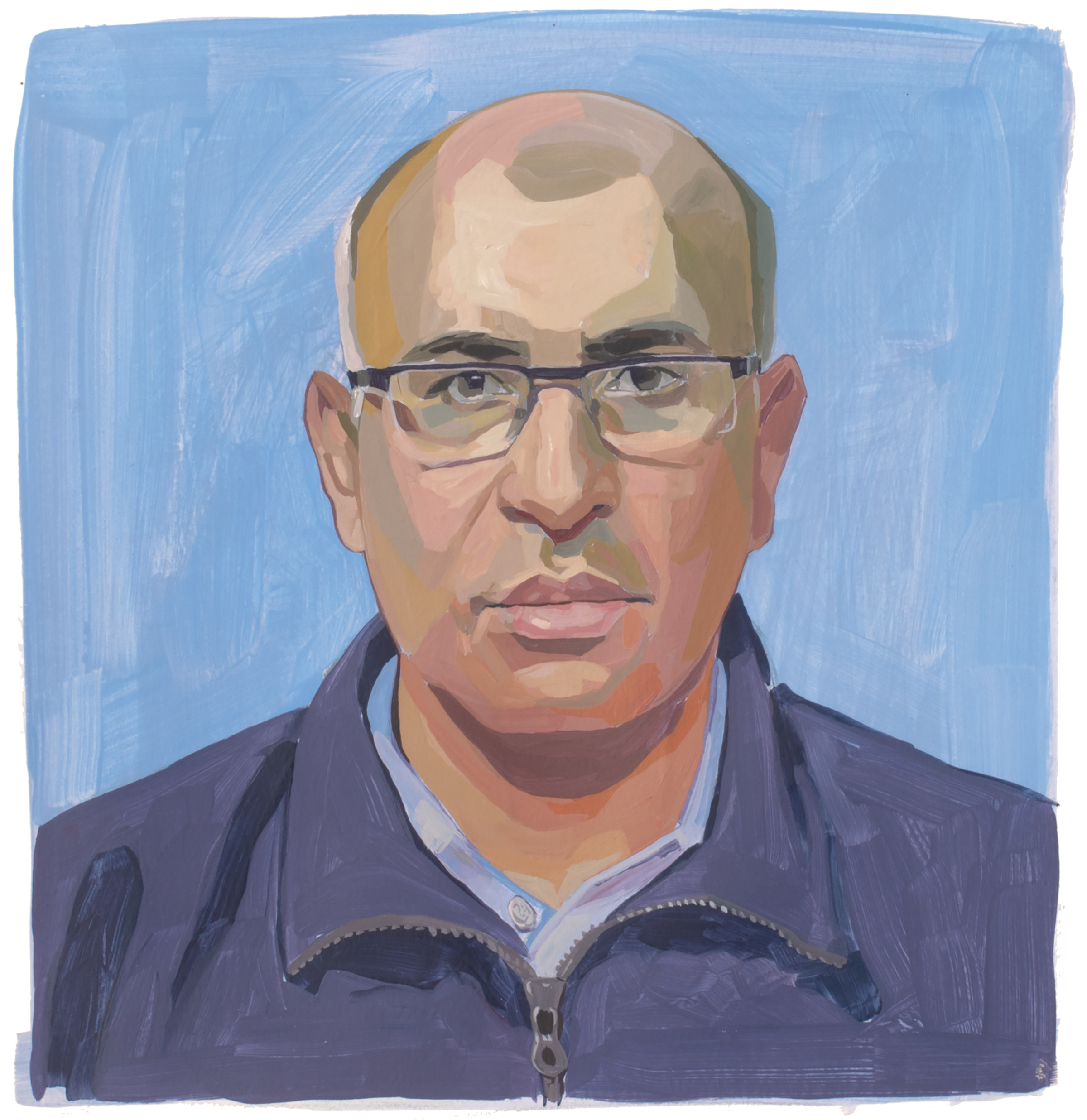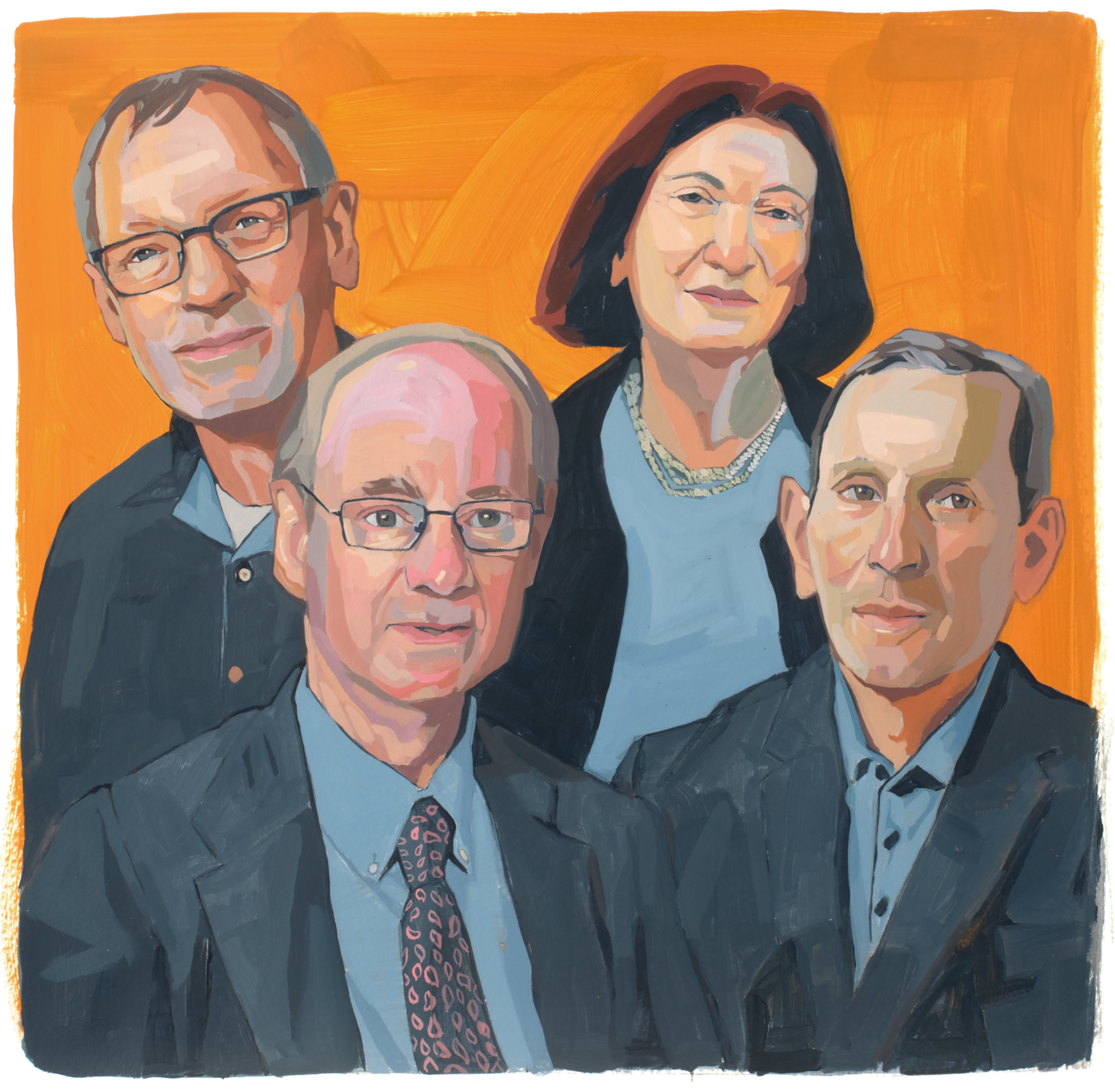Dr. Bobby Gaspar, CEO of Orchard Therapeutics, has the dubious honor of making the most expensive medicine—at $4.5 million per dose—currently on the market. It’s a new gene therapy for a rare, inherited disorder called metachromatic leukodystrophy (MLD) that occurs in 1 of every 100,000 live births each year, affecting up to 600 children worldwide. While affected babies are born healthy, they quickly develop cognitive and behavioral problems and eventually require constant care. Most of them die by the time they reach their teens. The drug, called Lenmeldy, was approved by the U.S. Food and Drug Administration in March 2024.
Gaspar, a pediatrician at the Great Ormond Street Hospital in London who treated the first child in the U.K. with gene therapy, founded Orchard Therapeutics in 2016 after developing a platform to treat genetic conditions like MLD. The therapy provides children with a healthy copy of the mutated gene that produces toxic substances that build up in their brain, kidneys, and liver. It’s “potentially curative,” says Gaspar; some of the children treated so far in studies his company has conducted “essentially live a normal life; you wouldn’t be able to tell the difference between them and a child without the disease.”
He argues that such a life-altering effect justifies the therapy’s record-setting price, noting that it’s based on assessments from independent groups in both the U.K. and the U.S. Those evaluations determined that Lenmeldy provided the most value, measured in extended years of life it provides as well as quality of life, of any previous treatment of any kind either group had evaluated. “We don’t know of anything that has this dramatic of an impact, and longevity of impact,” says Gaspar. So far, only a handful of children have received the gene therapy, and countries are gradually beginning to reimburse for the procedure.
Based on the success in treating MLD, Gaspar is starting to study similar gene therapies for more common conditions such as Crohn’s and frontotemporal dementia.
More Must-Reads from TIME
- Cybersecurity Experts Are Sounding the Alarm on DOGE
- Meet the 2025 Women of the Year
- The Harsh Truth About Disability Inclusion
- Why Do More Young Adults Have Cancer?
- Colman Domingo Leads With Radical Love
- How to Get Better at Doing Things Alone
- Michelle Zauner Stares Down the Darkness
Contact us at letters@time.com





